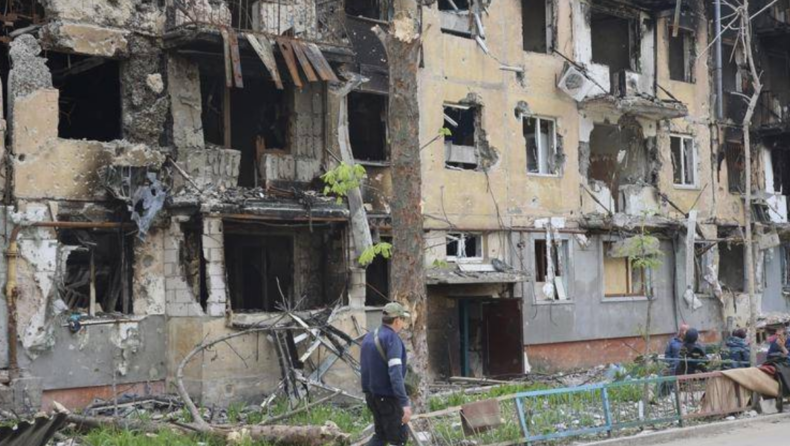
The UN has warned that the conflict of Russia-Ukraine has contributed to a worldwide food crisis that could last years if it is not addressed.
The UN has warned that the conflict in Russia-Ukraine has contributed to a worldwide food crisis that could last years if it is not addressed. While the World Bank has promised an additional $12 billion in funding to help offset the conflict’s “devastating impacts.”
As financial markets fell heavily on fears of inflation and a worldwide recession, UN Secretary General António Guterres said that shortages of grain and fertilizer were caused by the war. Further rising temperatures, and pandemic-related supply problems threaten to “tip tens of millions of people over the edge into food insecurity.”
He claimed “malnutrition, mass hunger, and famine, in a catastrophe that might persist for years,”. As he and others pressed Russia to free Ukrainian grain exports at a UN summit on global food security in New York. To find a solution, he said he was in “intensive touch” with Russia and other countries.
“To reach a package solution, the complicated security, economic, and financial ramifications require goodwill on all sides,” he said. He is currently in talks with Moscow, Ukraine, Turkey, the United States, the European Union, and others. “I won’t delve into specifics since making public pronouncements could jeopardies our chances.”
Russia-Ukraine Invasion Hampered Supplies:
The invasion of Ukraine by Russia and international economic sanctions against Russia have hampered supplies of fertilizer, wheat, and other commodities from both countries. It drived up food and fuel prices, particularly in poor countries. The warring nations produce 30% of the world’s wheat together.
Ukraine was regarded as the world’s breadbasket before the invasion in February. It supplied 4.5 million tons of agricultural produce each month through its ports. It was the source 12 percent of the world’s wheat, 15 percent of its corn, and half of its sunflower oil.
However, with Russian warships cutting off the ports of Odesa, Chornomorsk, and others from the rest of the world, supplies must rely on clogged land routes that are significantly less effective.
Due to Russia-Ukraine dynamics and the further incursion in February, exports have plummeted and prices have soared. After India banned wheat exports on Saturday, they went much higher.
Prices have risen dramatically after Russia-Ukraine crises. In March, the UN’s food and agriculture price index hit an all-time high of nearly 160 points, before dropping 1.2 percent in April. In March, both the cereal and meat price indexes reached new highs.
Wheat was trading at US674c per bushel in Chicago a year ago. It now sells for US1,242c per bushel, a near-doubling of the previous price due to a scarcity of supplies.
“Let’s be clear: without reintegrating Ukraine’s food output, there is no meaningful solution to the food crisis,” Guterres stated. “Russia must allow the transfer of grain stored at Ukrainian ports in a safe and secure manner.”
Grain Stuck in Ukraine:
According to the UN, roughly 20 million tons of grain from the previous crop are currently stuck in Ukraine, which, if freed, may relieve pressure on world markets.
The call was echoed by US Secretary of State Antony Blinken, who led the summit, as well as World Food Programme Director David Beasley. “The planet is on fire,” Beasley declared. We have answers. We must act, and we must act now.”
Despite the fact that the number of people facing food insecurity had been rising even before the invasion, German Foreign Minister Annalena Baerbock accused Moscow on Wednesday of exacerbating an already difficult situation.
“Russia has started a grain war, inflaming a worldwide food catastrophe,” Berlin’s top ambassador warned. “It is doing so at a time when millions of people, mainly in the Middle East and Africa, are already facing hunger.”
Meanwhile, US Secretary of State Antony Blinken declared that the world was facing the “biggest global food security catastrophe of our time,” aggravated by Russian President Vladimir Putin’s “war of choice.”
Read More- https://tdznkwjt9mxt6p1p8657.cleaver.live/use-of-chemical-weapons-in-the-russia-ukraine-war/













